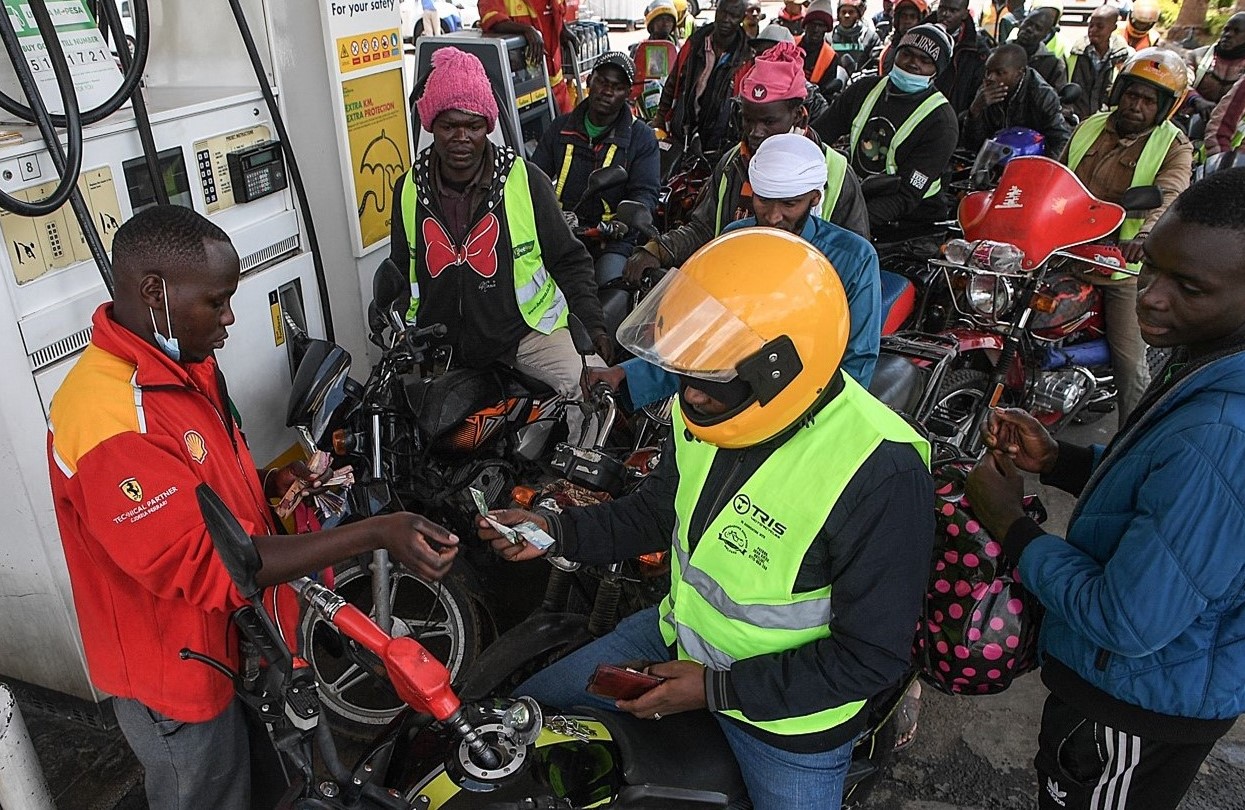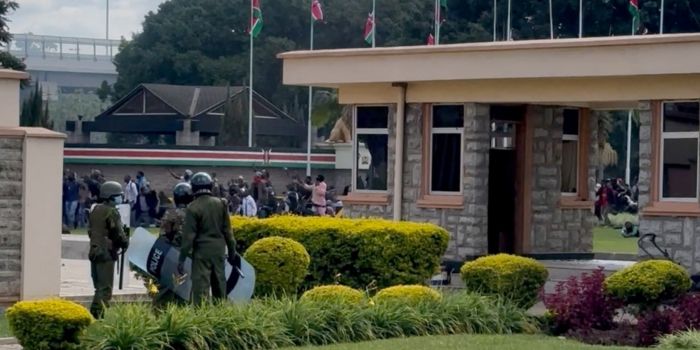Kenya sees 19pc surge in crime amid economic struggles

By Bashir Mohammed |
This worrying trend highlights the desperate measures individuals are taking to survive harsh economic realities.
For the first time in history, reported crimes in Kenya have surpassed the 100,000 mark, reaching a staggering 104,842 last year, a 19 per cent increase from the previous year, according to the latest data from an economic survey.
The rise in crime is primarily driven by theft amid challenging economic conditions and has been marked by a notable increase in theft by staff, robberies, break-ins, and stock theft, as many Kenyans struggle to cope with inflation and high unemployment rates.
Keep reading
Last year, inflation averaged 7.7 per cent, with the cost of goods and services escalating, making life increasingly difficult in an economy already plagued by limited job opportunities.
“There was a general increase in all crimes reported to the police except for homicide, which decreased marginally from 3,056 in 2022 to 3,031,” the Kenya National Bureau of Statistics (KNBS) stated in the 2024 Economic Survey Report it launched on Monday.
Robberies saw a significant rise of 27.76 per cent to 3,988 cases, while incidents of stealing increased by 25.9 per cent to 18,534.
Of particular concern is the rise in theft by employees, which went up by 12.8 per cent to 1,907 cases, as well as a 6.7 per cent increase to 2,860 instances of staff stealing stock.
This worrying trend highlights the desperate measures individuals are taking to survive harsh economic realities.
Last year, Kenya faced severe inflation, peaking at 9.2 per cent in March, exacerbating the financial strain on workers. Businesses downsized in response to increased taxation, compounding the economic difficulties with widespread job losses.
Inmate numbers in Kenya's prisons soared by 20.6 per cent last year, reflecting the increased crime rates. The number of prisoners increased by 46.3 per cent to 248,061, with 167,937 of them remaining unconvicted, suggesting a slowdown in the judicial process.
The rise in crime has heightened national security concerns, and, notably, the number of illegal firearms surrendered or recovered decreased from 221 to 115.
Narok and Kakamega counties reported the highest increases in crime rates, at 89.2 per cent and 67 per cent, respectively. Other counties experiencing a spike in crimes included Vihiga, Nandi, Murang’a, and Kwale.
While homicides were the only category of crime that saw a decline, there was a troubling rise in police involvement in criminal activities and attacks on tourists. Reported attacks on tourists surged by 161.5 per cent to 68 cases, while crimes involving police officers increased by 133.7 per cent to 180 cases.
Further, cases of narcotic trafficking climbed by 43 per cent to 9,338, and economic crimes such as fraud, swindling, and money laundering rose by 13 per cent to 4,970.
However, the KNBS announced on Monday that Kenya's economy grew last year, placing the GDP growth rate at 5.6 per cent from a revised 4.9 per cent the previous year.
In the newly launched 2024 Economic Survey Report, KEBS said the growth was primarily driven by a 19 per cent expansion in agriculture, forestry, and fishing.
The Treasury said, however, that focus needed to be placed on measures to prevent a reversal of this economic recovery.



















